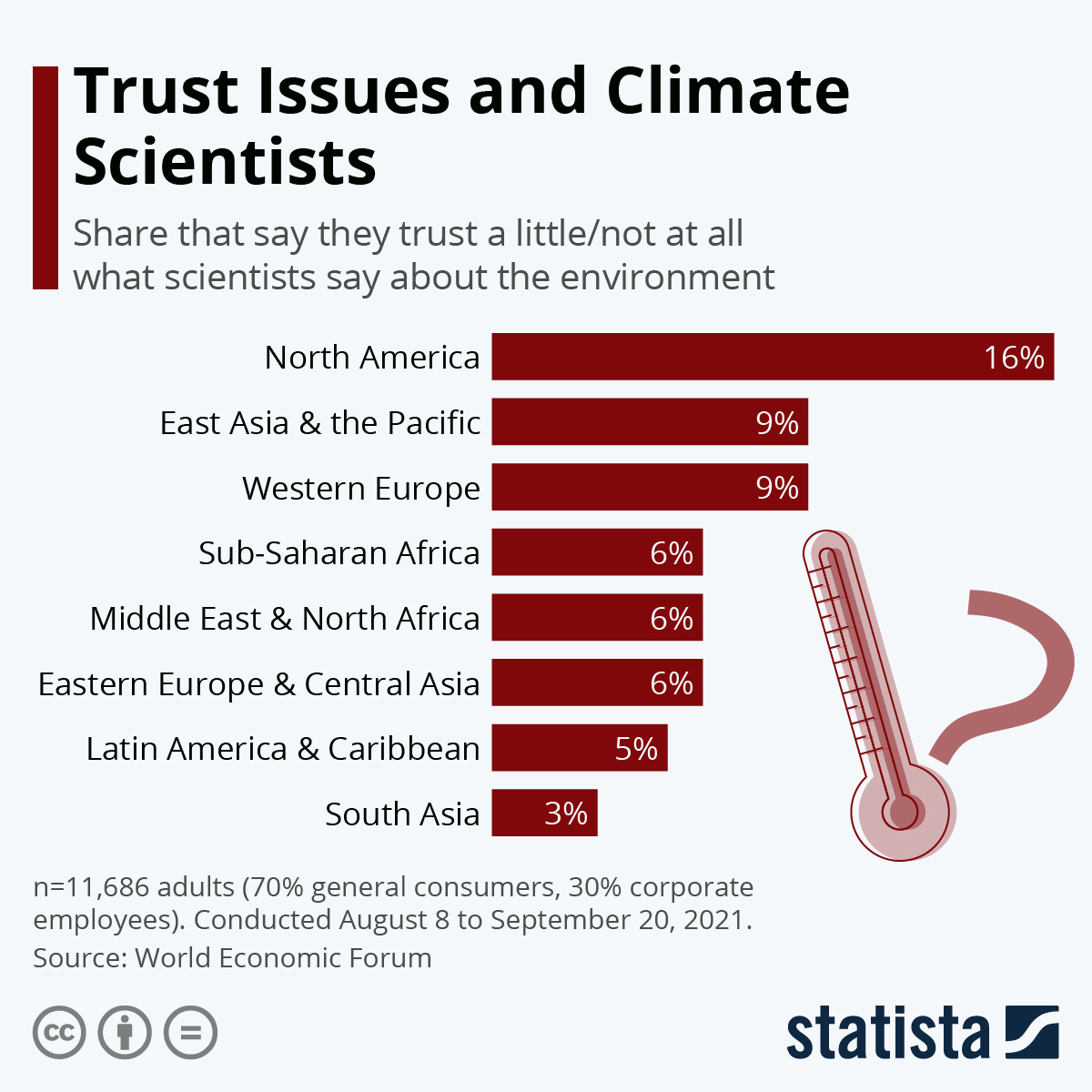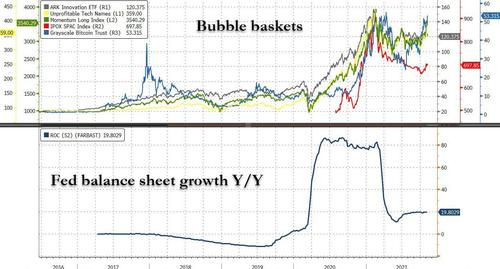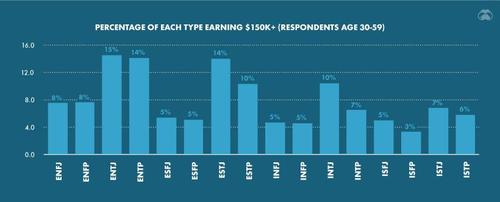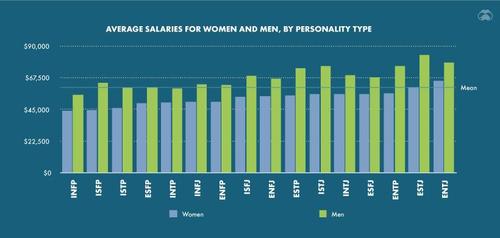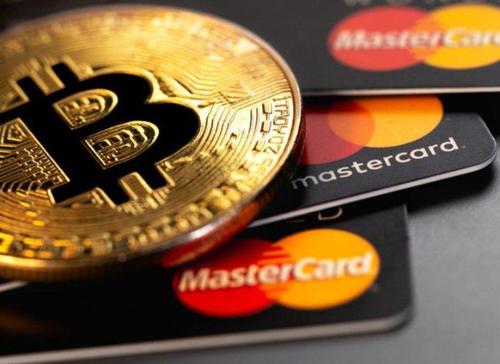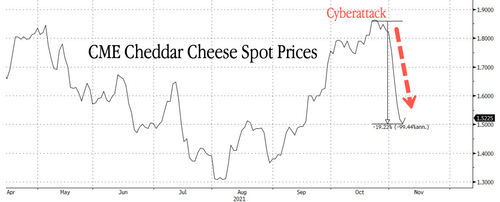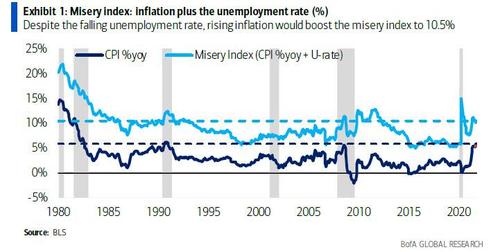Authored by Charles Lipson via RealClearPolitics.com,
Last week, John Durham’s grand jury issued its third criminal indictment in the Trump-Russia collusion hoax. The person who was arrested may be obscure; the news may have been buried after Virginia’s bombshell election results; but Durham’s move is a big deal. It shows that the special counsel’s probe is methodically unraveling a huge conspiracy, seemingly engineered by Hillary Clinton’s 2016 campaign and implicating James Comey’s FBI, either as a willing participant or as utterly incompetent boobs.
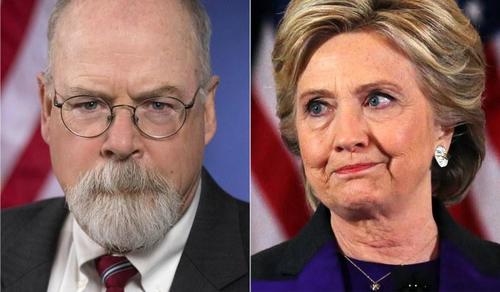
The latest indictment also damages the mainstream media, which is why so many news outlets have ignored or underplayed it. After all, they broadcast a false story for years and are none too eager to revisit it. Other losers are the prosecutors assembled by Robert Mueller, most of them Democrats, who had reams of this damaging information and ignored it.
What Durham and a few intrepid reporters are uncovering may well be the most ambitious dirty trick pulled in an American election and its aftermath. The question now is whether Durham can expose the full extent of this malfeasance and charge those who planned and executed it.
Durham’s latest indictment charges Igor Danchenko (pictured) with lying multiple times to the FBI. Danchenko, who worked at the Brookings Institution as a Russian expert, may not be a household name, but he was a crucial player in concocting the false story that Donald Trump was collaborating with the Kremlin to win the White House. The real conspiracy, it turns out, was aimed at Trump and was conducted by the Clinton campaign and her longtime associates. It was financed jointly by Clinton’s campaign and the Democratic National Committee. Some leaked emails suggested it was approved by the candidate herself. The FBI continued running with it long after it had ample evidence to know it was a concoction. House Democrats ran with it even longer, basking in fulsome, uncritical media coverage. All of it was false.
The Danchenko indictment matters because his bogus information was the heart of the “Steele dossier,” which, in turn, was the heart of the anti-Trump investigation. The dossier was compiled by a former British spy, Christopher Steele, who had been hired by people working for Clinton. Steele claimed his information about Trump, including salacious sexual allegations, came from Russian sources. It didn’t. It came from Danchenko, who was working at a Washington think tank. As Danchenko admitted to the FBI, much of what he told Steele was old rumors or exaggerations. Some of it appears to have been simply fabricated. Steele incorporated it, and the Democrats deployed it.
The FBI interviewed Danchenko multiple times in January 2017, around the time Trump was taking office. Comey’s FBI had already received the dossier and his agents were trying to verify its allegations. They couldn’t do so, and Danchenko’s admissions told them why. His interrogation should have immediately stopped the FBI from using the dossier to investigate Trump. So should a warning from Bruce Ohr, the highest-ranking career official in the Department of Justice, that Steele was strongly biased. The FBI blew right through these red lights.
The bureau continued to use the bogus information in applying for secret warrants from the Foreign Intelligence Surveillance Court to spy on Carter Page and, through him, on others connected with Trump. Officials told the court, falsely, that the warrant information was reliable and verified when they knew it was neither.
What the warrants say, in essence, is, “We need to spy on Carter Page because we think he’s an enemy agent.” But the FBI already knew he wasn’t. That means they were trolling for other information. How did the FBI know Page was on our side? Because they asked the CIA and were told, quite explicitly, that Page was helping them, not the Kremlin. The CIA gave that exculpatory information to FBI lawyer, Kevin Clinesmith, who altered the message to say Page was not working for the CIA. His alternation was criminal, and he plead guilty after Durham charged him.
The story gets worse. Although Clinesmith altered the CIA message for FBI use, he also gave his superiors the CIA’s true communication. So, his bosses knew the real story. They weren’t interested in the truth, which they kept secret from the FISA court to continuing spying on Page. If there is any justice left in Washington, those responsible for this travesty will be held criminally liable. Page may well have a civil case against them, too.
As the FBI blundered forward on its political mission, it made other revealing missteps. The most important was Director Comey’s meeting with the incoming president in early January 2017. Comey told Trump the FBI had acquired some damning materials about him but emphasized they were still unverified. As Comey’s own aides warned him, that communication could be seen as a kind of blackmail threat, the kind that marked J. Edgar Hoover’s tenure.
Comey’s meeting with the president had another major consequence. Until then, even anti-Trump news outlets had been wary about mentioning the dossier (which the Clinton team had been shopping to them) because they couldn’t actually verify any of the vital details. That reticence changed with Comey’s briefing, which was news in its own right. The story now became, “FBI chief briefs president-elect Trump about salacious dossier, revealing damning info Kremlin could use to blackmail Trump.” One online outlet, BuzzFeed, went further. It published the full Steele dossier, and the media frenzy began.
Remember, this whole story was concocted and paid for by Hillary Clinton’s campaign and fed to the FBI and the media by her attorneys and associates. The FBI, which should have been able to quickly prove the story was false, plodded on with its investigation and fed the frenzy.
Although the dossier was commissioned to sink Trump in November, it was still useful after he won the election. Trump’s adversaries could exploit it to hamstring his embryonic administration, and that’s exactly what they did. With the whole-hearted backing of House Speaker Nancy Pelosi, House Intelligence Committee Chairman Adam Schiff spent three years beating the drum of the “Russia collusion” hoax. Schiff’s constant media appearances claiming he had conclusive evidence of Trump-Russia collaboration continued long after he had received classified briefings that demolished his story. The briefer was former Director of National Intelligence John Ratcliffe, and he has confirmed those meetings with Schiff and his Senate counterpart, Mark Warner. No matter to Schiff, who kept repeating his claims and pursuing his full-scale investigation. First the verdict; then the inquiry. It was all part of a four-year-long battle, first to prevent Trump’s election, then to undermine his presidency, and finally to damage his chances for reelection.
The Clinton team launched this operation with professional expertise. The goal was to produce a powerful anti-Trump story, using whatever materials they could, then share it with the media (to smear Trump) and the FBI (to launch a major investigation and ensnare Trump). Ideally, the campaign’s involvement would be hidden, removed from the damning report by several layers of lawyers, opposition researchers, camp followers, and flacks.
To provide that insulation, the campaign used attorney Marc Elias, then at Perkins Coie law firm in Washington (where the recently indicted Michael Sussmann was a colleague), to hire an opposition-research firm, Fusion GPS. That firm, headed by former reporters Glenn Simpson and Peter Fritsch, in turn hired Steele, a Brit who had formerly worked for his country’s intelligence services, to produce the damning dossier. To translate some Russian materials, Fusion GPS hired Nellie Ohr, whose husband, Bruce, learned how biased Steele was and told the FBI to treat Steele and his information warily.
Bureau agents ignored that early warning and all the others. They quickly learned Steele’s material was a mirage, thanks to their interviews with Danchenko. They also confirmed that Steele’s dossier depended on Danchenko, so its claims of “Russian sourcing” were false. By interviewing Danchenko’s own sources, they learned that their third-hand statements, which were used in the dossier, were mainly rumors and “bar talk.”
The prosecutorial team assembled by Robert Mueller should have known all this, too. They had complete access to this exculpatory FBI material on day one and ignored it. A year and a half later, when Mueller himself finally testified before Congress, he didn’t even know what Fusion GPS was. By that point, Mueller seemed to have genuine difficulty remembering the details of his own investigation. His team of attorneys had no such excuse. Hired by Mueller’s top deputy, Andrew Weissmann, they were among the country’s sharpest and toughest prosecutors — and the most partisan. The more Durham uncovers, the worse the Mueller team will look.
Reviewing this evidence, Kimberly Strassel of the Wall Street Journal has concluded the Steele dossier is misnamed. It should be called the “Clinton dossier,” she says, since Hillary commissioned it, paid for it, and had her aides feed it to the media, the State Department, and the FBI. It was a full-scale disinformation campaign — coherent, well-organized, and well-funded. It was rotten to the core.
The question now is whether John Durham can find enough evidence to charge the ones who planned and executed it. The charging documents he filed for Danchenko and Sussmann are far more extensive than the necessary minimum. They suggest that Durham has compiled extensive evidence about a broader conspiracy. Will he settle for the capillaries now that he has the jugular in view?
